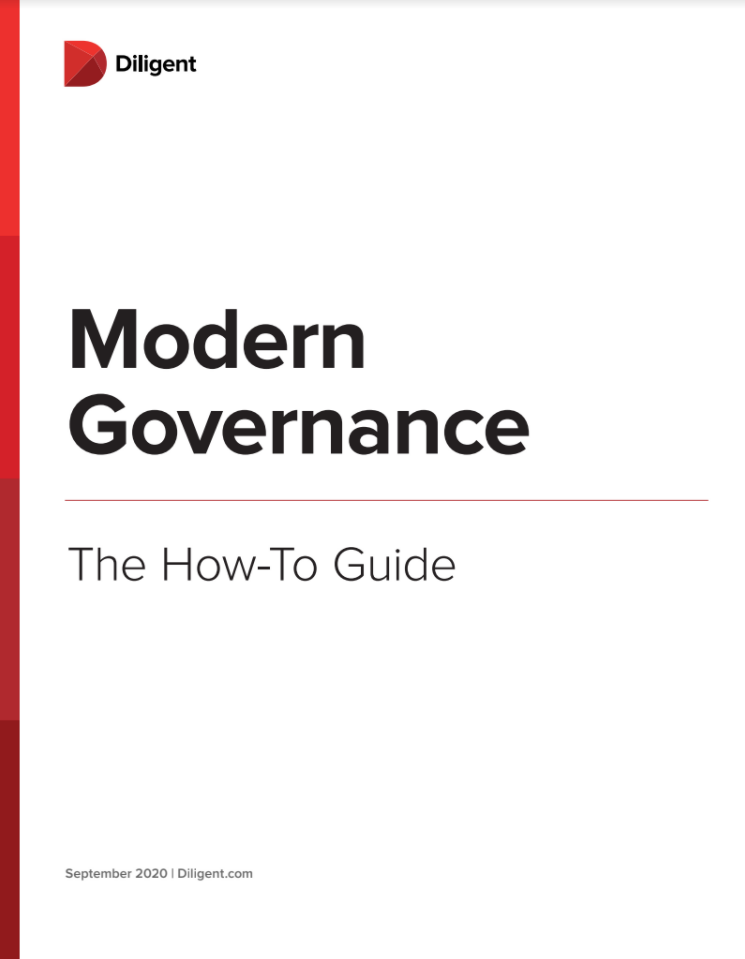UK Online Safety Bill a "missed opportunity", MPs claim
A DCMS report says the "unclear" draft legislation doesn't do enough to tackle child abuse and violence against women and girls


The UK government’s Online Safety Bill fails to tackle child abuse and violence against women and girls, according to the latest report by the DCMS Committee.
This includes a lake of safeguards against “breadcrumbing”, whereby child abusers leave digital signposts for fellow criminals to find child sexual abuse material (CSAM), as well as “nudifying”, which sees users fall victim to deepfake pornography.
The DCMS Committee, which scrutinises the work of the Department for Digital, Culture, Media and Sport (DCMS), has called on MPs to address these issues, which remain technically legal under UK law, while describing the draft legislation in its current form as a “missed opportunity”.
The committee’s chair Julian Knight, Conservative MP for Solihull, said that instead of being a “world-leading, landmark legislation”, the Online Safety Bill “neither protects freedom of expression nor is it clear nor robust enough to tackle illegal and harmful online content”.
“Urgency is required to ensure that some of the most pernicious forms of child sexual abuse do not evade detection because of a failure in the online safety law. These are matters of important public debate to which we will return as the Bill makes its way through Parliament,” he added.
First proposed in May 2021, the Online Safety Bill would provide Ofcom with the powers to fine social media companies up to 10% of their annual turnover, or £18 million, for failing to quash online abuse, with criminal charges levied against senior management.
However, today’s committee report “found that current provisions that provide Ofcom with a suite of powers and users with redress are similarly unclear and impractical”.
Sign up today and you will receive a free copy of our Future Focus 2025 report - the leading guidance on AI, cybersecurity and other IT challenges as per 700+ senior executives
According to its findings, the Online Safety Bill doesn’t provide a “clear legislative basis” that would allow Ofcom to determine the effectiveness of algorithms and automated systems used by social media giants.
DCMS told IT Pro that it does"not agree with the criticism of the committee.
"The Bill has been recognised as setting a global gold standard for internet safety. It has strict measures including a duty of care to stamp out child sexual abuse, grooming and illegal and harmful content. There are also stringent rules to make sure tech firms and Ofcom protect people’s free speech and privacy, so content is not taken down without good reason," it stated, before adding that the legislation "will make the UK the safest place to go online while protecting freedom of speech".
RELATED RESOURCE

Modern governance: The how-to guide
Equipping organisations with the right tools for business resilience
Geraint Lloyd-Taylor, partner and deputy head of the Advertising & Marketing team at law firm Lewis Silkin, said that “there seems to be a tussle happening at the heart of Parliament over who will scrutinise Ofcom and the Government when this regime comes into effect”.
“This tussle may be a sign of things to come when it comes to deciding who will be the ultimate arbiter of what we can and cannot say and do online,” he added.
Today's report comes weeks after the government was urged to make "major changes" to the draft of the Online Safety Bill to protect users from fraudulent advertising or content that promotes self-harm.
Having only graduated from City University in 2019, Sabina has already demonstrated her abilities as a keen writer and effective journalist. Currently a content writer for Drapers, Sabina spent a number of years writing for ITPro, specialising in networking and telecommunications, as well as charting the efforts of technology companies to improve their inclusion and diversity strategies, a topic close to her heart.
Sabina has also held a number of editorial roles at Harper's Bazaar, Cube Collective, and HighClouds.


